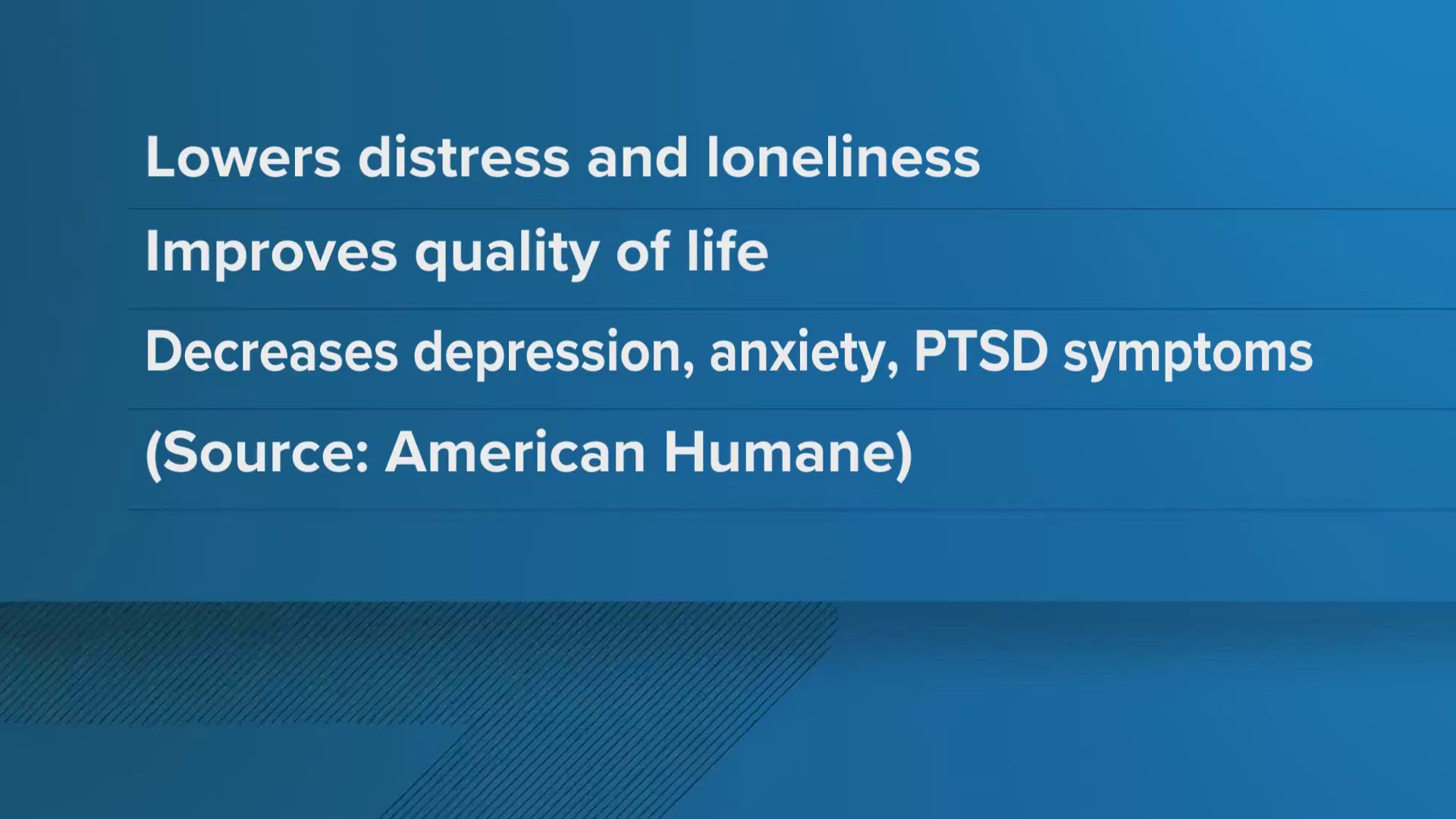Migraines are headaches that can come on suddenly, last from four to 72 hours, may make people sensitive to the light and/or sound and can cause nausea and vomiting.
One in 5 women, one in 16 men and one in 11 children have migraines.
9NEWS Medical Expert Dr. Comilla Sasson takes a look at some of the common adages about migraines and whether they’re fact or fiction.
1) Migraines are very commonly diagnosed by doctors? FICTION
Migraines are very common. However, people can oftentimes be misdiagnosed with stress or tension headaches, sinus infections, or cluster headaches. There are other more serious complaints that can also mimic migraine type symptoms, like multiple sclerosis, strokes, tumors or head bleeds.
Even children can get migraines and may complain of abdominal pain, vomiting and being very sleepy. Because the symptoms can be vague and variable, people can go for years without the correct diagnosis.
Healthcare providers have to be on the lookout to make the right diagnosis.
2) Weather changes, getting your period, wine and stress are common triggers for migraines? FACT
Yes, and with the crazy weather we have had recently, there are a lot of people who are battling migraines right now. Some other common triggers include: changes in your sleep pattern, changes in female hormones, not eating, possibly aspartame (which is an artificial sweetener), alcohol, smoking, odors, certain foods (cheese, nuts, shellfish), exercise and lights. Keeping a headache journal can help you determine what could be some of your most common triggers to avoid.
3) Is there a new treatment for migraines? FACT
Aimovig is the first new calcitonin gene related peptide receptor (CGRP-R) blocker. The CGRP-R is part of the pathway for pain in the brain and spinal cord. This new medication is a very specific antibody that blocks the CGRP receptor and can help prevent migraines. It is a shot that is given once a month.
There are other therapies out there to prevent and stop migraines, but this is one of a few therapies that can last for a month to prevent migraines and is specifically targeted to the CGRP receptor. It just received FDA approval, and it will be important to see how this medication works with other common migraine medications like triptans, anti-inflammatories (like ibuprofen, naproxen), medications with caffeine and even botox.



